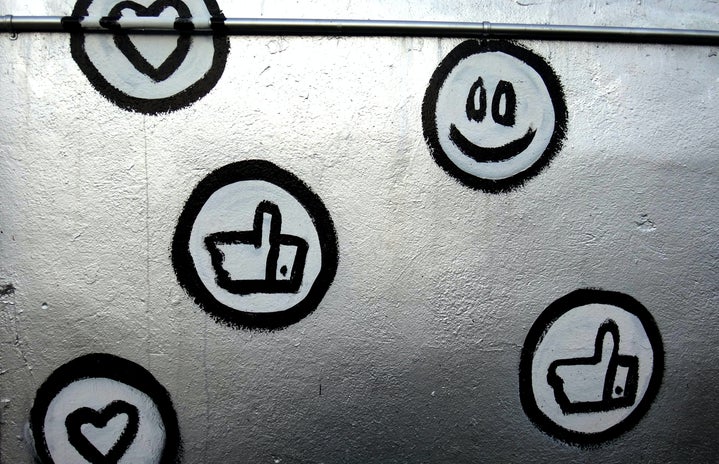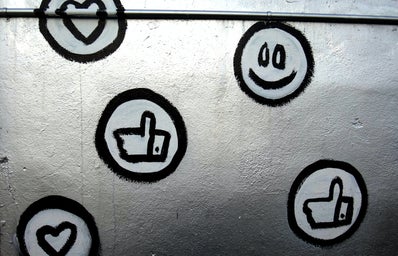As a new media journalism student, I love talking about social media. I’ve written several papers about the online networks for university, including a research paper about dilemmas surrounding social media entering the workplace. Last Wednesday I attended the Social Media and Public Sphere lecture by Christian Fuchs, Social Media Professor at the University of Westminster and author of Social Media: a critical introduction.
Many of us believe that social media is a virtual public space where discussions and debates can be held, like ones in a public square. In his talk he mentioned how scholars and media people hailed social media for inciting the Arab Spring. He revealed in a poll that rated the use of various media by revolutionary leaders to spread their cause. They mainly used traditional methods like house calls and word of mouth. Social media played a much smaller role.
The influence of Facebook and Twitter in provoking revolutions is definitely over exaggerated. Whenever I look at my Facebook page, I hardly ever rally up, ready to protest about wrongdoings in the world. Recently my friend on Facebook posted articles about the revolutions in her home in Venezuela. A few of her friends from home “liked” it. But, there is no real discussion or outrage when there should be.
Real change still comes from traditional means through phone calls, rallies, and demonstrations. I think this is partially because we can block or hide posts and close chat windows when we don’t want to hear people. In real life, it’s in your face and you can’t avoid it.
Surveillance is to blame for stopping people from having real discussions on social media, says Fuchs. Facebook collects big data from its users to sell to companies to exploit and sell their products. It’s like that awkward moment when that cute ASOS top you were thinking about buying shows up on every website you visit.
Fuchs also brings up the NSA and other government security organizations that often watch protesters online. Governments are also known to place restrictions on social media sites in times of crisis. The temporary shutdown of social media sites during the Arab Spring is one example of how nations take control of communications.
Protesters are aware that they are being watched online so choose not to rely on social media to organize, argues Fuches. Even though it’s easy to think that social media empowers people to speak their minds, allowing their voices to reach further than ever before, this vision is not reality. Social media is not a true public space, but Fuchs thinks we’re close achieving it.
Fuchs suggests that the creation of a non-profit social media alternative is key. It would be paid for by a “public sphere license fee,” similar to the “TV license fee” used to produce the BBC. Removing the social media network’s need to sell information would allow for a more democratic and freer public space on the Internet.

